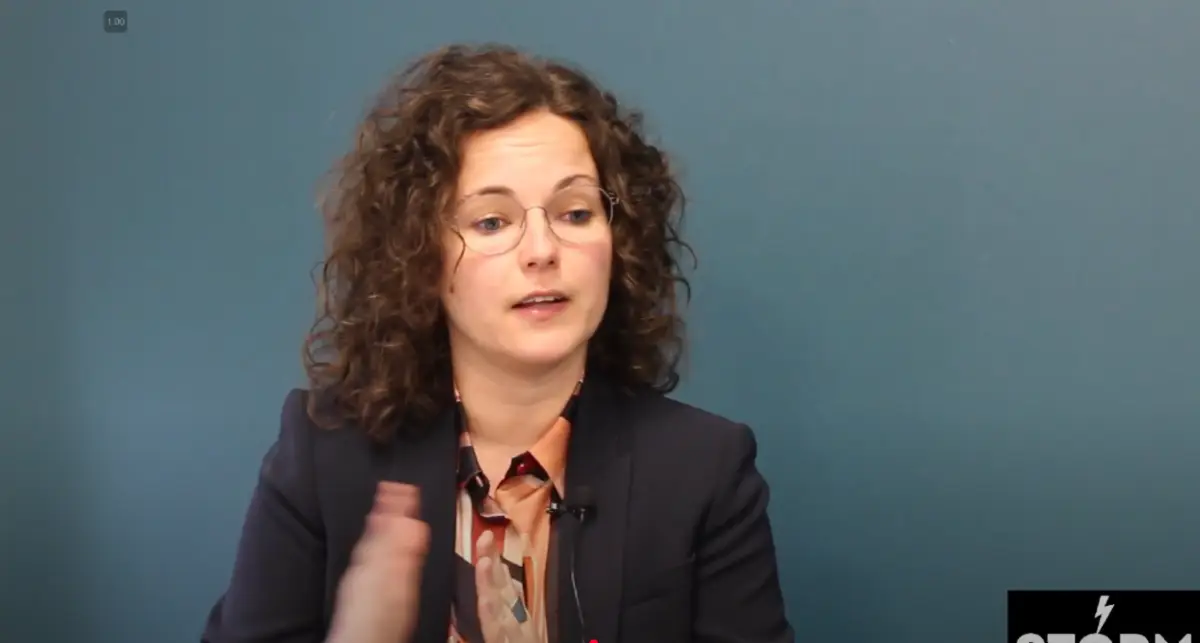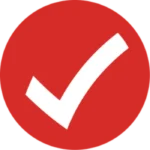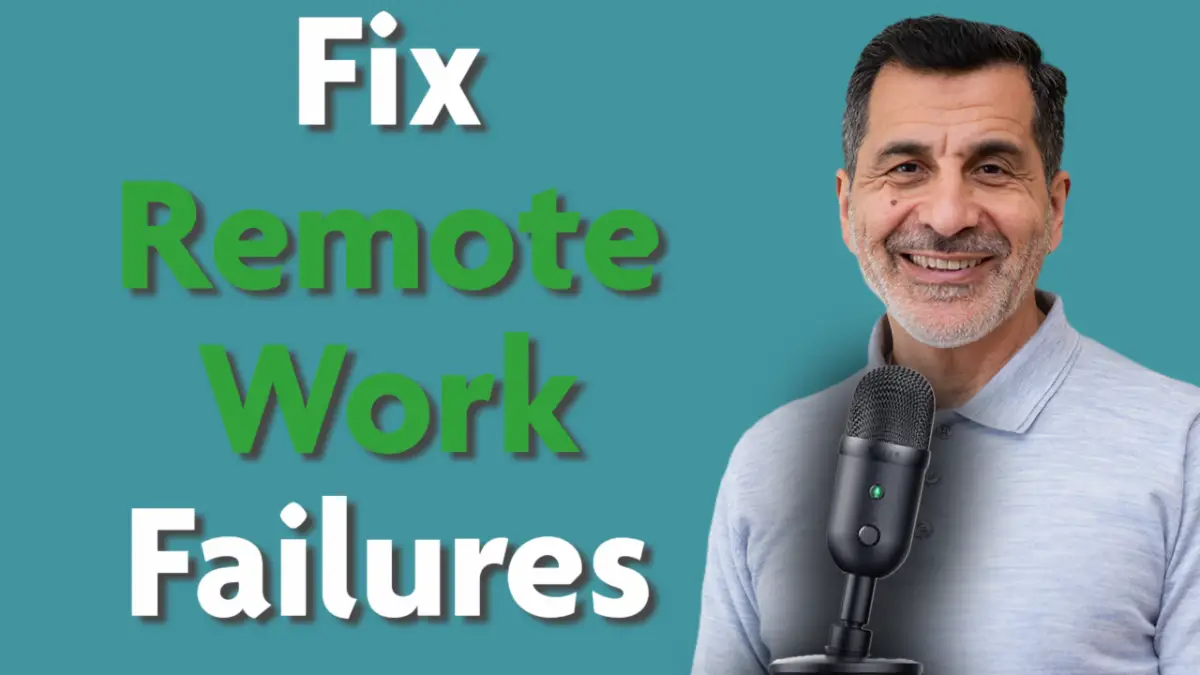
Turn Your Experience into a Services Business
Good Morning!
This week, I traveled to D.C. with a like-minded group of people to meet with members of Congress about a cause I care about.

On the Mat
- Passion is Optional
- "Hotbeds of Divorce"
- Are Freelancers Entrepreneurs?
Let's Train
Valentine’s Reminder: You DON'T need Passion
With Valentine’s Day just around the corner, let’s shift focus to a different kind of love—your work.

Contrary to popular belief, passion isn’t a prerequisite for success. You don’t need to “love what you do” to build a thriving business.
What actually matters? Skill, discipline, and commitment.
As Cal Newport argues in So Good They Can’t Ignore You, passion often follows mastery—not the other way around. You’re more likely to love your work once you’re great at it and start seeing results. The whole "find your passion before you start” is usually just a way to procrastinate and avoid taking action.
Think about it: Do you need to be passionate about accounting to run a profitable consulting firm? No. But if you’re skilled, solve real problems, and deliver value, that’s fulfilling—and profitable.
The problem with passion is that it’s fickle. It fluctuates with mood, external validation, and the inevitable ups and downs of running a business. Relying on passion alone is like building your house on sand.
What’s more reliable? A solid foundation of competence, market demand, and a commitment to consistent improvement.
That’s not to say you should hate what you do. You need to like it enough to stick with it when things get tough. But the real driver isn’t Cupid’s bows and arrows—it’s progress. As YC’s Michael Seibel points out, “Nothing builds passion like seeing something work.”
Success creates momentum, and momentum creates motivation, not the other way around.
So this Valentine’s, don’t stress about finding “the one” business idea that lights your soul on fire. Focus on what you’re good at, where there’s demand, and commit to getting better. Passion will catch up later.
And if it doesn’t? That’s okay, too. Because success doesn’t hinge on passion—just the discipline to show up every day.
You Might Like These
"Hotbeds of Divorce": The Correlation Between Startups and Breakups 💔
Harvard Business Review (print edition) highlights research by Dr. Tünde Cserpes, who found that divorce or breakups are 15% more likely for individuals who work at startups vs. more established organizations.
If you're thinking business and you're in a relationship, understand that you'll need to balance work without grossly neglecting your significant other.
Cserpes' research has a silver lining: the higher incidence of divorce seems to flip when both partners work at startups, in which case lower-than-average breakup rates prevail.
'Tis Tax Season — Don't Fall Behind
The business tax deadline is March 15th, a month before the personal tax deadline.
February will be done before you know it — get on taxes soon, and better yet: give it to a professional.
Let me know if I can help in any way or if you would like any recommendations.
Sharpen Your Blade
Are Freelancers Entrepreneurs?
Because freelancers aren't necessarily building and scaling a business, freelancing is often associated with self-employment rather than entrepreneurship.
A freelancer trades time for money, much like an employee—except with less control.
On the other hand, entrepreneurship involves scaling—building systems and teams that generate revenue beyond personal effort.
Freelancing can be a great stepping stone to full entrepreneurship.
If you want financial independence, start freelancing with a plan: build systems, provide massive value, and transition from solopreneur to founder.
But a full-time job might be a better fit if you prefer stability.
The key is knowing your personality and goals—freedom isn’t one-size-fits-all.
Why Your Early-Stage Business Won't Survive Remote Work
Dragging people back to the office won’t fix a broken work culture.
I learned that back in 2013 when two key team members had to relocate.
I faced a decision: lose great people or adapt. I chose to adapt.
We went remote before it was cool—way before the world was forced to.
Once we had two people working remotely, I thought, "Why not hire the best talent, no matter where they are?"
We got intentional about how we built culture, trust, and productivity. And it worked.
Since then, I’ve built three companies—all remote.
If you’re an early-stage entrepreneur wondering how to make remote work work, this episode is for you.
Subscribe to the Newsletter
Subscribe to Startup with Feras for actionable insights, proven strategies, and practical resources to launch, grow, and scale your online business. Get exclusive tips delivered straight to your inbox!




